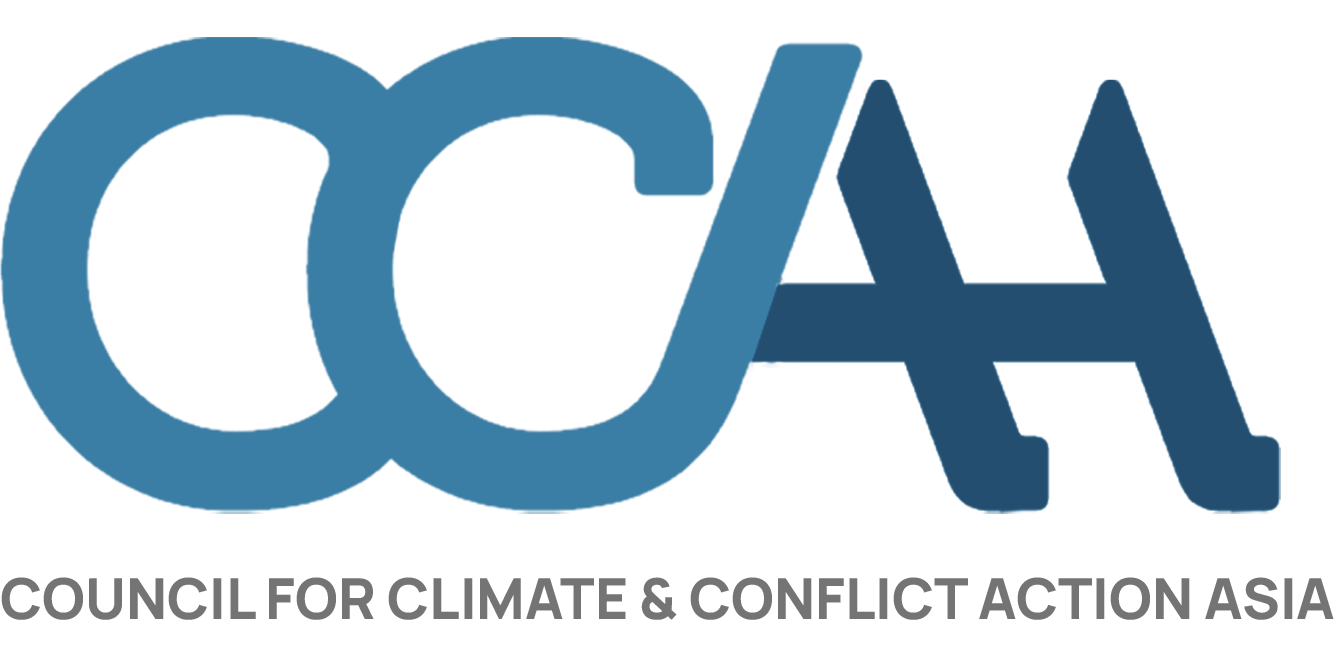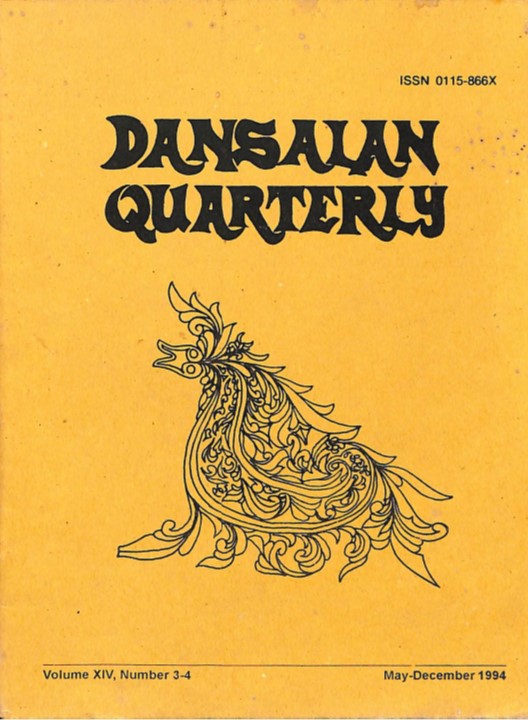May-December 1994 Vol. XIV, No. 3-4
10 July 2022 Dansalan Quarterly
The impact of laws, government, and economic activities has been much explored in Moro literature. This journal assesses this impact further. In the first paper, Barra illustrates how Muslims are confronted by a certain problem, stemming from the fact that they are governed by three systems of law. Such an interweaving of legal fabrics triggers a variety of conflicts and tensions. In particular, conflicts arise between Islamic law and customary adat law, between Islamic law and Philippine law, and between Philippine law and customary adat law. With this in mind, Barra explores the necessity and value of conciliation, amicable settlement, and arbitration found in these systems of law. It is important to note as well how these systems recognize the importance of extra-judicial mediation and the settlement of disputes and conflicts. In the second paper, Salgado provides a progress report on the infrastructure projects pursued by the government in Lanao del Sur. His paper reveals how the pursuit of development in terms of energy generation and efficiency in production comes at the expense of Maranao communities. Moreover, Salgado points out that the capitalist growth of the Philippine economy resulted in the further impoverishment of the rural masses and the increased polarization between the system’s advantaged and the disadvantaged. This journal only affirms the ubiquity of conflict in Moro customs, and how Moro communities are always on the receiving end of the damaging effects of so-called development and capitalism in the Philippines.
Please email dansalan.quarterly@dcfi.edu.ph to request a copy of the issue.

